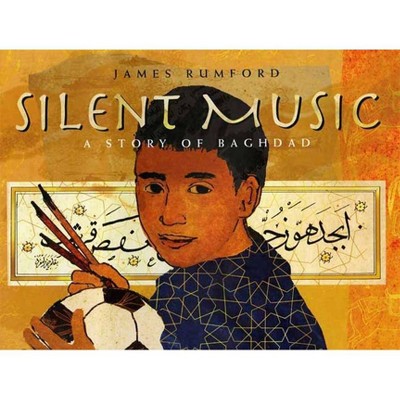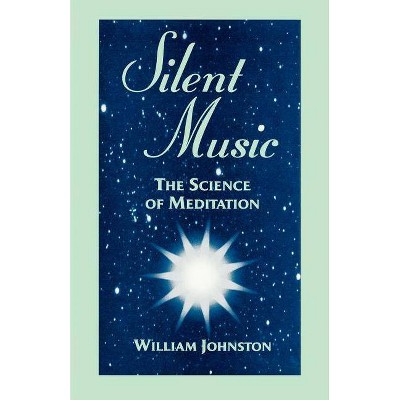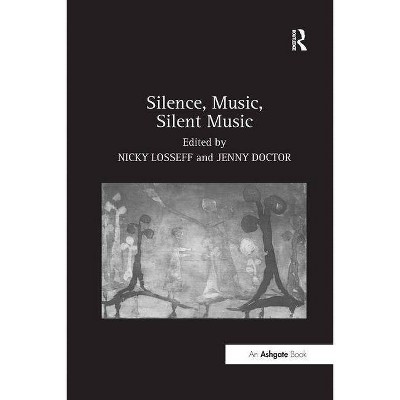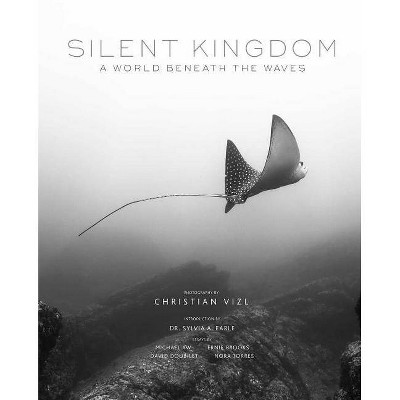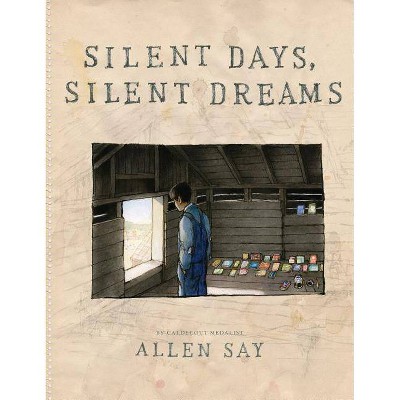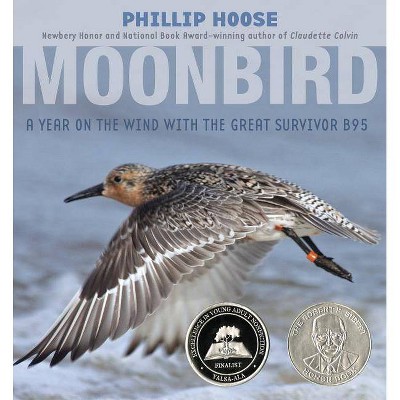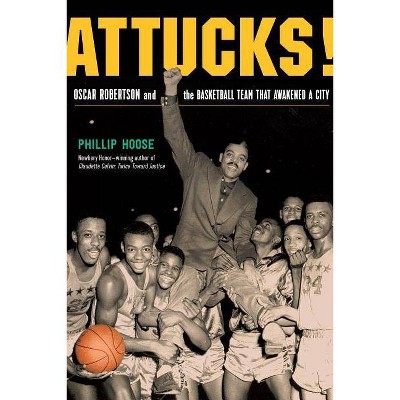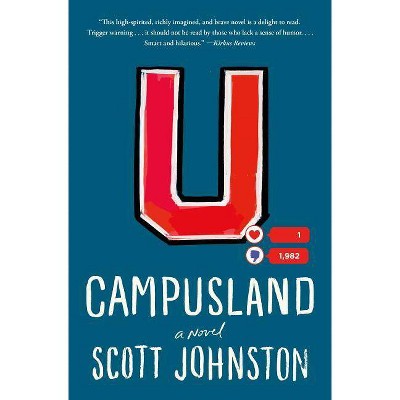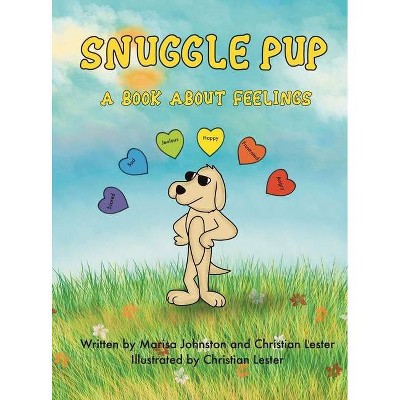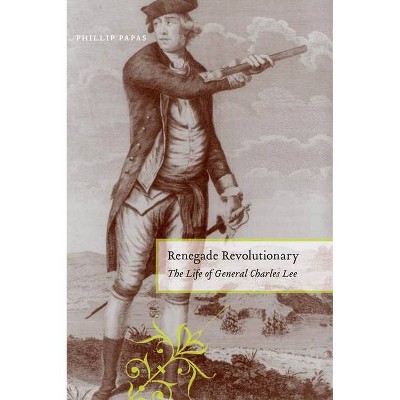Silent Films/Loud Music - by Phillip Johnston (Hardcover)
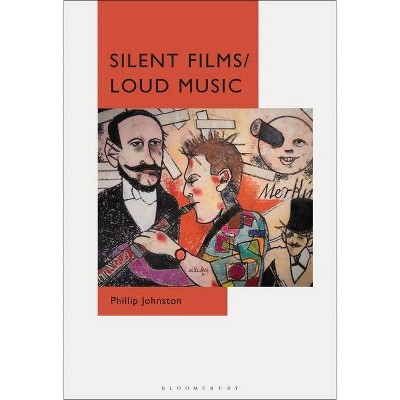
Similar Products
Products of same category from the store
AllProduct info
<p/><br></br><p><b> About the Book </b></p></br></br>"Silent Films/Loud Music discusses contemporary scores for silent film as a rich vehicle for experimentation in the relationship between music, image, and narrative. Johnston offers an overview of the early history of music for silent film paired with his own first-hand view of the craft of creating new original scores for historical silent films: a unique form crossing musical boundaries of classical, jazz, rock, electronic, and folk. As the first book completely devoted to the study of contemporary scores for silent film, it tells the story of the historical and creative evolution of this art form and features an extended discussion and analysis of some of the most creative works of contemporary silent film scoring. Johnston draws upon his own career in both contemporary film music (working with directors Paul Mazursky, Henry Bean, Philip Haas and Doris Dèorrie, among others) and in creating new scores for silent films by Browning, Mâeliáes, Kinugasa, Murnau & Reiniger. Through this book, Johnston presents a discussion of music for silent films that contradicts long-held assumptions about what silent film music is and must be, with thought-provoking implications for both historical and contemporary film music"--<p/><br></br><p><b> Book Synopsis </b></p></br></br><p><i>Silent Films/Loud Music </i>discusses contemporary scores for silent film as a rich vehicle for experimentation in the relationship between music, image, and narrative. Johnston offers an overview of the early history of music for silent film paired with his own first-hand view of the craft of creating new original scores for historical silent films: a unique form crossing musical boundaries of classical, jazz, rock, electronic, and folk. As the first book completely devoted to the study of contemporary scores for silent film, it tells the story of the historical and creative evolution of this art form and features an extended discussion and analysis of some of the most creative works of contemporary silent film scoring.<br>Johnston draws upon his own career in both contemporary film music (working with directors Paul Mazursky, Henry Bean, Philip Haas and Doris Dörrie, among others) and in creating new scores for silent films by Browning, Méliès, Kinugasa, Murnau & Reiniger. Through this book, Johnston presents a discussion of music for silent films that contradicts long-held assumptions about what silent film music is and must be, with thought-provoking implications for both historical and contemporary film music.</p><p/><br></br><p><b> Review Quotes </b></p></br></br><br><p>"Essential reading for anyone who is interested in the art of silent film accompaniment, both past and present. Johnston analyses silent film scores with the keen eye of someone who has created some of the seminal works in the field himself." --<i>Ken Winokur, director and percussionist for Alloy Orchestra</i> <p/>"A handful of publications about silent film music have been written by composers who have equal credentials as scholars, and with this book Phillip Johnston has joined their esteemed ranks. It's high time for a book like this, one that engages with the phenomenon of new scores for old silent films. Johnston's rich and authoritative discussion probes the notion that new music for silent films is a form of re-examination, not only of the films but also of what film music can be." --<i>K.J. Donnelly, Professor of Film and Film Music and Director of Doctoral Programmes for Film, University of Southampton, UK</i> <p/>"<i>Silent Films/Loud Music</i> is a relentlessly fascinating book about how music occultly welds itself to image, to story, character and memory to create fascinating new alloys of art. Johnston argues that music never simply serves a film, it collaborates with images to create entirely surprising new imagistic effects. The act of creating a modern film score for a decades-old silent film involves a lively cooperation between the living and the dead; the latter are brought back to life, conditionally, for this important teamwork, their efforts warm as the quick, frequently resulting in airborne effects, complete and utter reorganizations of the film canon! It's exciting to comprehend, thanks to this ardent and beautifully researched book, just how much and how mysteriously music affects film, elevates it, reinvents it, and not just in the silents-and not just film either, but the narratives by which we come to understand our own lives. We're only beginning to understand everything, one realizes while reading these pages. Once it opens up new vistas of understanding, this book shows us the first few truly exciting steps we're about to take. Cinephiles! Read this book!" --<i>Guy Maddin, director of My Winnipeg and The Saddest Music in the World</i></p><br><p/><br></br><p><b> About the Author </b></p></br></br><b>Phillip Johnston</b> is a composer for contemporary and silent film and lecturer at the Sydney Conservatorium of Music, Australia.
Price History
Cheapest price in the interval: 120 on October 27, 2021
Most expensive price in the interval: 120 on December 20, 2021
Price Archive shows prices from various stores, lets you see history and find the cheapest. There is no actual sale on the website. For all support, inquiry and suggestion messages communication@pricearchive.us
